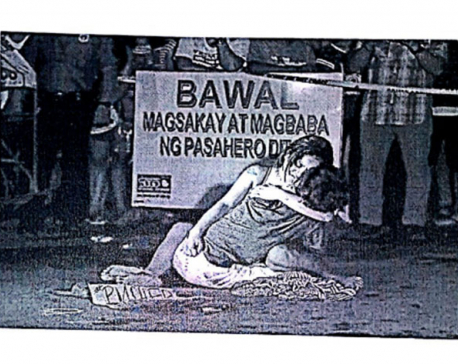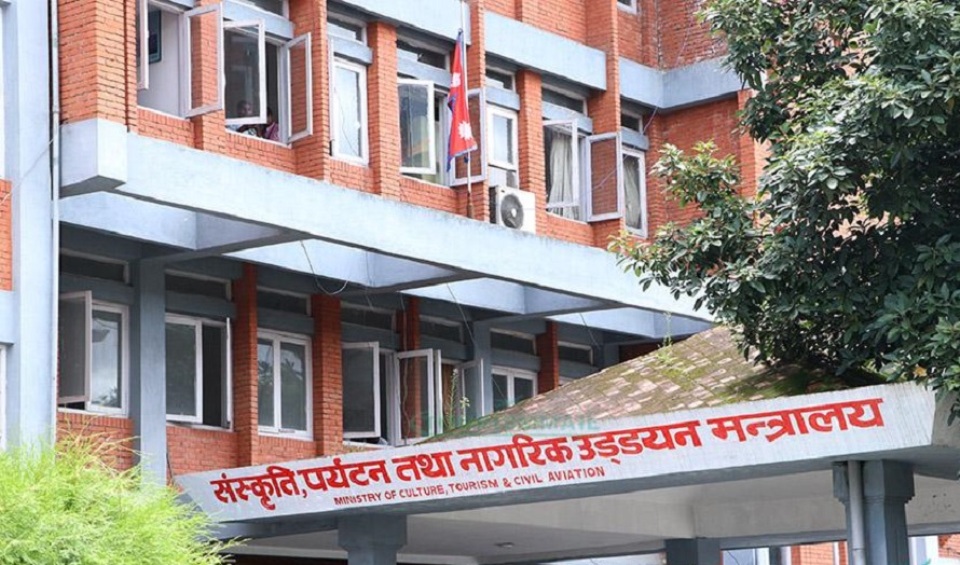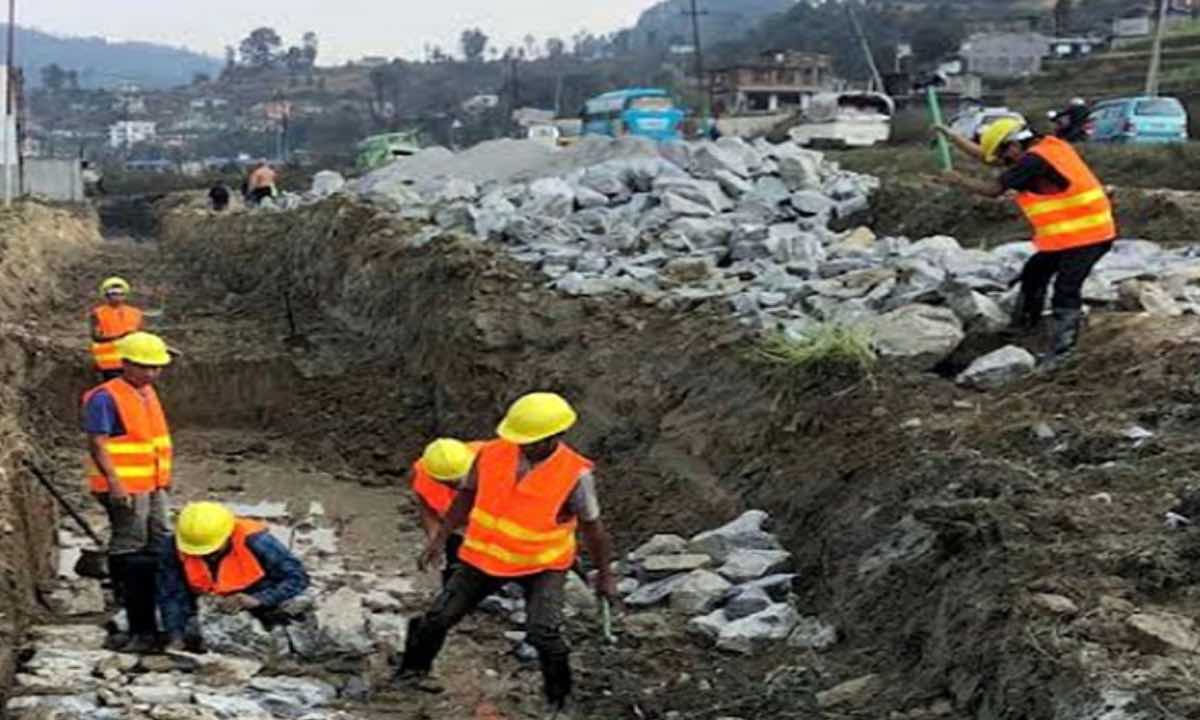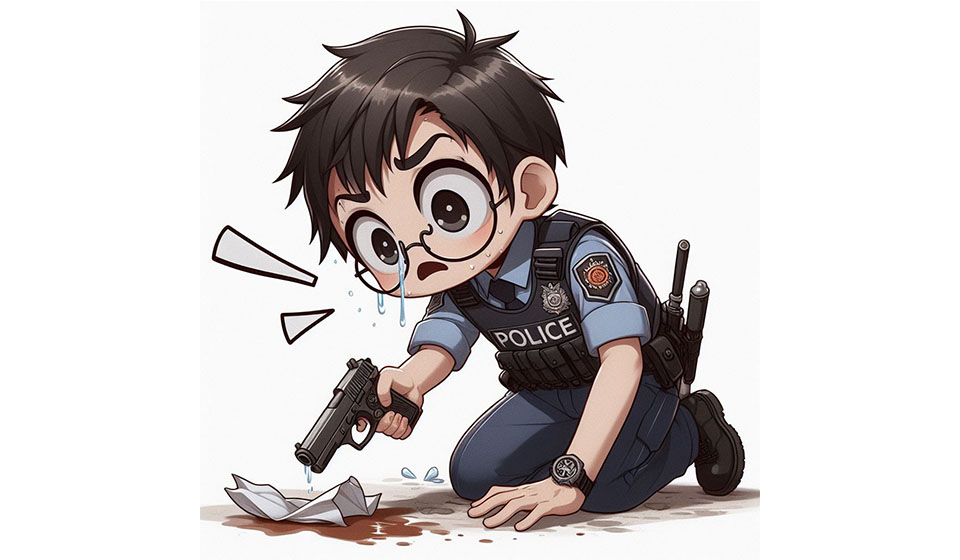
OR
Medicine shortage in health centers
Public health facilities in all 77 districts will be deprived of essential medicines for the next three months. The government has, once again, failed to purchase those medicines on time to supply to these health centers. Medicines to be supplied free of cost in public health centers have been in short supply since November. Poorest of the poor have been forced to buy the same medicines from private clinics, adding burden to those already struggling to feed their family. The issue of drug shortage is nothing new. It has become a regular phenomenon and sadly the government agencies entrusted to supply medicine have failed the people. Health centers in remote corners around the country are not in the first priority in Kathmandu’s power corridors. Similarly, provincial and local governments are busy in government formation and adding perks for their own good. Mechanisms to ensure smooth supply of basic medicines have never been thought of as a serious task to be undertaken with a sense of urgency.
Again and again, we are confronted with challenges that seem simple yet complex. One might wonder: how hard is it to supply drugs to health centers? But then there are a host of parasites ready to siphon off state resources at the expense of poor people’s survival. Middlemen used to supplying drugs, corrupt bureaucrats and now add different tiers of governments and leaders with questionable intent ready to abuse vested authority for their own wellbeing. As long as we do not change this vicious circle of kleptocracy, the poorest will continue to suffer. News of drugs shortage in public health centers across the country would have threatened the very survival of governments elsewhere. Politicians, and especially the opposition, would have grilled the party in power for sheer negligence and incompetence. But we see no outrage. Hardly anyone is bothered about such a glaring gap in our public health system. After all the poor are only vote banks, to be wooed only during election cycles.
Democracy guarantees the fundamental right to life, and drugs are a vital part of the equation. Besides, the constitution has also guaranteed right to health as fundamental right of the people. But when it comes to the poor this promise has been limited to paper. Our poor people still have to walk for hours to get to a primary health center. Many die of diarrhea in remote village for the lack of ORS. Viral flu and water-borne disease still threaten countless villages every year. But we are tone deaf to these very basic realities of our rural life. The government must wake up to this reality and activate its agencies to never let this happen again. Prime Minister KP Sharma Oli came to politics promising to end the rule by the corrupt in Kathmandu who are immune to the daily struggles of Nepalis. It is upon him to prove that he is different.
You May Like This

Department of Drug Administration directed to inspect drug stores, pharmacies
KATHMANDU, Oct 17: Department of Drug Administration under the Ministry of Health and Population will soon carry out field inspections... Read More...

Drug users against ‘inhuman killing’ of drug peddlers
KATHMANDU, Aug 6: A Community of Drug Users in Nepal has demonstrated in front of Chakrapath-based Nepal Consulate of the... Read More...

First malaria drug in 60 years given approval
A drug to treat malaria - the first such pill to get approval in 60 years - has been given... Read More...








Just In
- One arrested from Jhapa in possession of 43.15 grams of brown sugar
- EC to tighten security arrangements for by-elections
- Gold price drops by Rs 2,700 per tola
- Seven houses destroyed in fire, property worth Rs 5.4 million gutted
- Police pistol missing after drug operation in Bara, investigation underway
- Truck carrying chemical used in drugs catches fire
- Nepali journalists Sedhai and Kharel awarded second prize at Fetisov Journalism Awards for their exposé on worker exploitation in Qatar World Cup
- Devotees gather at Balaju Park for traditional ritual shower at Baisdhara (Photo Feature)










Leave A Comment